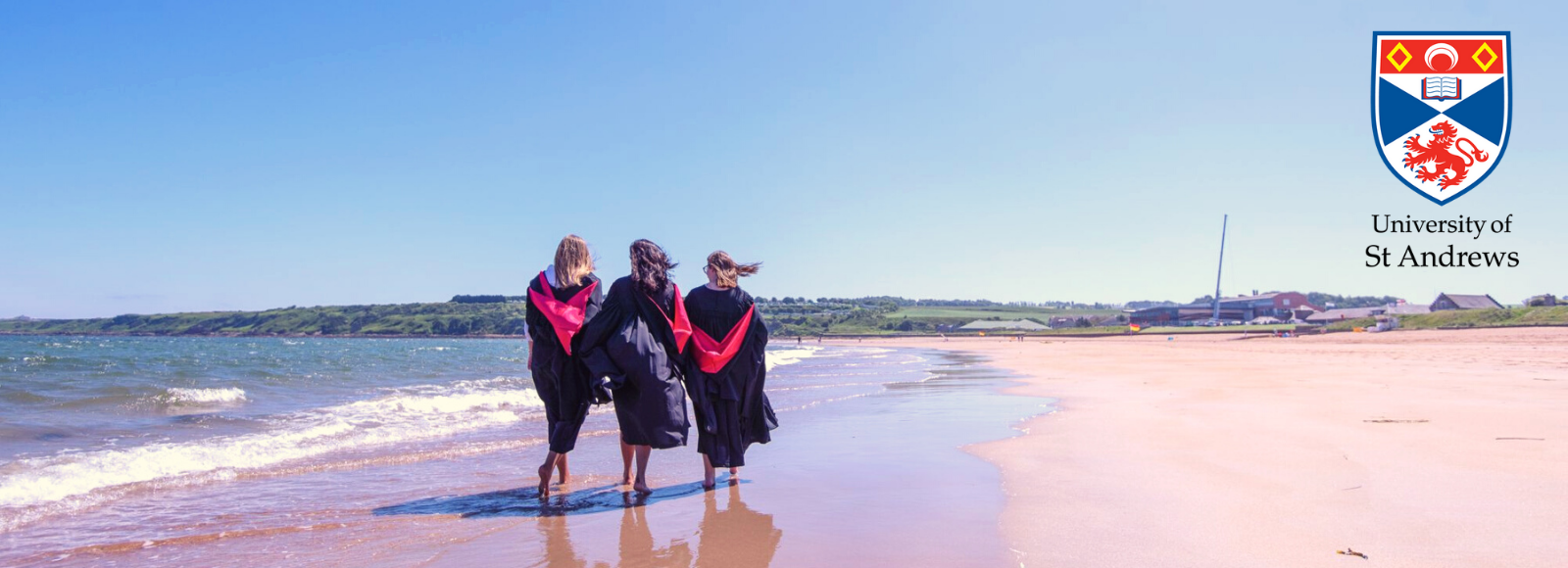Course Description
The School of Modern Languages is distinguished by the breadth of its academic activity which spans language, literary, and cultural studies across seven distinct language areas as well as a range of cultural-historical epochs from the middle ages to the present day. This breadth is reflected in the topics you will study on the MLitt Modern Languages:
- Chinese Cultural Studies: further your knowledge of the cultural creativity of the Chinese-speaking world of the 20th and 21st centuries. You will work on literary, visual, and other cultural representations and critiques of modern and contemporary issues such as ecology, gender and sexuality, minority ethnicities, and creative liberties. You will acquire the specialist methodological and critical theoretical skills and knowledge necessary for conducting research on these globally important issues in the context of the cultural expression of the Chinese-speaking world and its diaspora.
- French Studies: acquire advanced knowledge of the individuals, the artistic and scientific creations, the events, the wars and the revolutions that have shaped literature and culture in France and French-speaking lands from the Middle Ages to the present day. Research specialisms in the French Department include philosophy and literary theory, painting and poetry, women’s writing and life writing, erotic fiction and postcolonial literature, French and Francophone theatre as well as the interfaces of 19th-century culture and science in French and European contexts.
- German Studies: develop your academic interests in German-language societies and cultures from the Middle Ages to the present. You will work with specialists in a particularly wide range of areas in German studies: medieval literature, the 19th century, realism, travel writing, historiography, queer and gender studies, cultural memory, contemporary literature, literary theory, film and visual culture.
- Italian Studies: further your studies in a wide range of areas of Italian literature, culture and history. Students can bring training in theory and research methodologies to bear on directed study of topics which reflect their own research interests. Staff research specialisms include modern and contemporary literature, 20th-century poetry and cinema, Renaissance literature and culture, Dante and medieval humanism, Mediterranean and postcolonial studies, and transnational modern languages.
- Middle Eastern Literary and Cultural Studies (Arabic and/or Persian): deepen your knowledge of classical and modern Arabic and Persian literatures and cultures, including music and film, as a prelude to professional work in the arts and culture of the areaas a sound basis for progression to PhD study. The teaching is in English, but applicants must be fluent in either ArabicPersian to be able to engage with a variety of cultural products taught in the programme. Students explore a broad range of subjects in Middle Eastern literary traditions (Arabic, Persian, Kurdish) before focusing on a topic, mediumgenre of their choice.
- Russian Studies: deepen your knowledge of the interrelated fields of Russian literature, film, culture and history to the present day. Students are taught by internationally acclaimed academics with an exceptionally wide range of expertise, including comparative literature, literary theory, poetry, crime fiction, gothic, realism, cultural memory, film, Russian avant-garde, Russian and Soviet theatre, celebrity, gender and queer theory in Russia.
- Spanish and Latin American Studies: develop and enhance your knowledge of Hispanic literature, culture and history through textual study and theoretical reflection. Students will encounter a wide range of research interests and expertise, including in Cervantes; Golden Age poetry; Latin American narrative and essay; modernismo and avant-garde in Spain and Spanish America; gender, cultural memory and theatre censorship in Spain; 20th and 21st-century Spanish poetry; Spanish historical grammar and sociolinguistics; modern and contemporary Catalan culture and literature.
Students can combine two pathways (for example, French and Italian Studies) to further broaden their learning. Chinese Cultural Studies cannot be studied with another pathway.
Highlights
- Deepen and expand your interests in at least one language specialism through dedicated modules and individualised guided reading programmes.
- Fifty full-time academic staff teaching in seven languages provide unusually wide discipline-specific and cross-disciplinary research, teaching, and supervision expertise.
- Investigate cutting-edge Modern Languages research through involvement in the work of the School’s research centres, interdisciplinary research groups and postgraduate student seminars.
- A diverse and international student body from across Europe, North America, the Middle East, Asia and Africa, provides a global outlook.
Teaching format
The School promotes discipline-specific and collaborative teaching and learning so that students may explore their own particular interests in greater depth and breadth.
Classes are delivered through a mixture of lectures, seminars and tutorials. Classes are intentionally small, with many being one-to-onein very small groups. Lectures are usually in groups of up to 20. Modules are assessed through coursework; there are no final exams.
Further particulars regarding curriculum development.
Entry Requirements
A 2.1 Honours undergraduate degree in a modern languagecomparative literature in the relevant pathway subject. No pathway subject can be taken at beginner’s level.
Fees
For fees and funding options, please visit website to find out more
Learn more about University of St Andrews

Scotland’s first university, an experience like no other
Masters programmes to help you find your future.
Are you looking to earn an outstanding pos...
